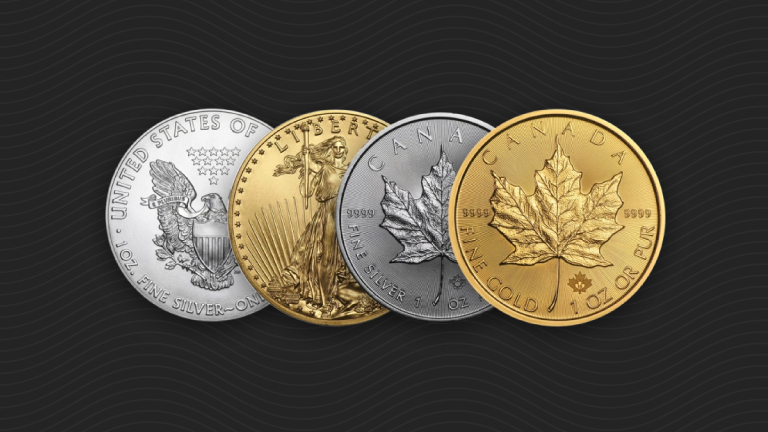Santelli & Schiff: The Truth of Inflation & Fed Policy (Video)
Peter Schiff and Rick Santelli spoke today about Peter’s latest article published in the Washington Times. Read the article and then watch the video below.
Recent statements by Federal Reserve officials would lead just about anyone to believe that one of the bank’s central missions has always been to guard against the lurking threat of deflation. They warn that since official inflation has remained below the Fed’s 2 percent target for almost two years, the country is liable to fall into a stagnant morass unless the Fed acts boldly to hit its target. It may surprise many that this view is strictly a 21st-century development. The fear (some would say paranoia) regarding sub-2 percent inflation was nowhere in evidence in the past, even when inflation was lower than it is today.”
Follow along with this partial transcript:
Santelli: …Let’s discuss your op-ed. Basically, the title says it all [“Fed yearns for higher inflation to disguise asset bubbles”]. Catch me up on your recent writing and your thoughts in general on inflation…
Schiff: The idea that the Federal Reserve or any central bank should deliberately try to force consumer prices up under the false pretense that rising consumer prices – otherwise called inflation – is somehow necessary for economic growth, when it’s not. Basically, economies do better when prices are not rising. In fact, if consumer prices were falling, that’s the best possible result for an economy…
Santelli: …Isn’t it more about prices being stable?
Schiff: Even prices stable; they don’t want price stability anymore. They want prices to go up at least 2 percent a year. That’s not stable. Stable would be prices remaining the same. Some years they might go down, some years they might go up. Look, they like to go back to the 1930s and say, “Look, prices fell and we had a depression. Therefore, the depression was caused by falling prices.” That is faulty logic, and I can point to even more economic history when the economy was booming and prices were falling.
Santelli: …Is inflation or higher prices hiding in the fact that we have basically moderate growth? Considering we crossed $18 trillion on the national debt clock, I can’t see it changing in the future. Your thoughts?
Schiff: The inflation has already been created. I get a lot of flak from the Paul Krugmans, the Keynesians. See, they think I’ve changed the definition of inflation, or I have my own definition. It’s the Keynesians that changed the meaning of the word. Inflation is an expansion of the money supply. Think of the word “inflate.” Where did it come from? When you inflate something, when you inflate a balloon, it expands. You fill it up with air. Prices don’t expand. They rise and they fall. So inflation is referring to the expansion of the money supply. If inflation was supposed to be about rising prices, they would call it “increation.” But it’s not. Inflation is when you do quantitative easing. The result of inflation is that prices can rise. But sometimes it’s asset prices that rise and sometimes when you have inflation you prevent prices from falling. But falling prices would be a healthy development and help the economy heal. So when the Fed creates all this inflation, it distorts the economy in so many ways. Ultimately, the consumer is going to pay, prices are gong to rise dramatically in the future.
Get Peter Schiff’s latest gold market analysis – click here – for a free subscription to his exclusive weekly email updates.
Interested in learning more about physical gold and silver?
Call 1-888-GOLD-160 and speak with a Precious Metals Specialist today!

